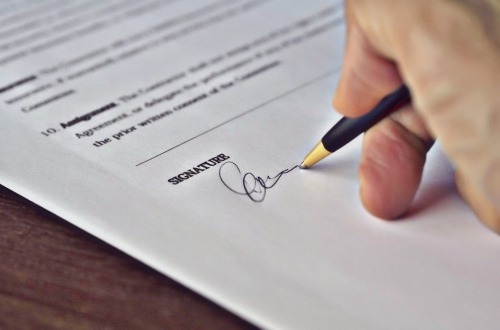
It is a decision that almost all entrepreneurs will be confronted with at some point of their business’ life cycle – whether to continue leasing or own the premises in which they operate.
While being in a strong financial position to invest in commercial property should be every business owners’ aspiration, the decision does have ramifications that all business owners should be aware of, says Attie Anderson, head of Commercial Property Finance at FNB.
Before this decision can be made, entrepreneurs should aim to understand these implications and establish whether this would be a good investment from a financial and long-term growth perspective, says Anderson, who adds that not every business model supports owning commercial property, for some businesses, it may be better to lease.
To help entrepreneurs to make that decision, Anderson gives his pros and cons of owning a commercial property.
Pros
- Owning commercial property that increases in value can be a great investment for entrepreneurs who want to diversify or sell in the future.
- Operating a business from your premises gives you peace of mind knowing that you do not have to worry about lease renewals and hefty rental increases.
- Should the business grow and require additional space, there is an option to renovate or extend the building.
- Financing commercial property eventually becomes less expensive in the long-term.
- Entrepreneurs have the option to refinance the property should they require additional capital to grow the business.
- There is an option to sublet a portion of the building and earn additional revenue.
Cons
- Investing in commercial property can tie up the cash flow of a business, due to poor financial planning.
- Operating from a fixed location can be a disadvantage should the business be required to relocate.
- Selling commercial property can be challenging during tough economic conditions.
- The business is directly responsible for the management and maintenance of the building.
- If the business does not perform well, this may potentially impact its ability to honour financial commitments on the building.
- Managing tenants and building risks can be cumbersome, requiring business owners to seek professional assistance.
- The overall value of the investment will decrease should the property deteriorate or depreciate.
“A one size fits all approach will not work when it comes to commercial property investments, the decision has to be weighed on its own merit. Once factors such as cash flow, market conditions, value, location and the long-term prospects of the business have been considered, only then can an informed decision be made,” says Anderson.
















